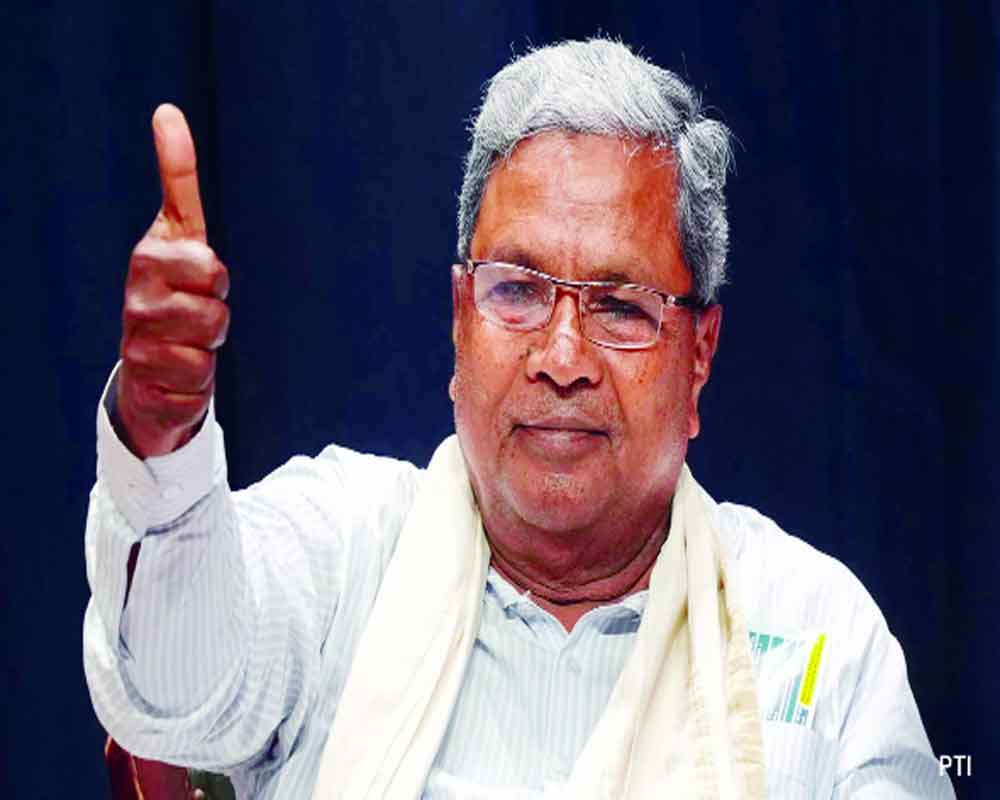Karnataka's proposal to tax several Hindu temples smacks of discrimination
In a move reminiscent of the historically partisan practice of jizya, the Congress Government in Karnataka has proposed a plan to collect funds from Hindu temples as a form of tax. Understandably, the move has sparked a controversy and reignited debates over the treatment of Hindu places of worship and whether these are being unfairly targeted. While some argue that the move is a necessary step to ensure the upkeep of Hindu religious institutions and support the livelihoods of the priests involved, others see it as discriminatory and belonging to a regressive era when non-Muslims were subjected to jizya, a special tax. While the proposed tax is not explicitly religious in nature, its resemblance to jizya has not gone unnoticed and critics view it as a form of economic discrimination. One of the primary concerns raised by the move's opponents is the selective targeting of Hindu places of worship as similar demands are not being made of other religious institutions, such as mosques or churches. This asymmetry has led to accusations of bias and favouritism on the part of the Government. If the aim is to genuinely improve facilities at religious places, it should be even-handed and not selective. Our Constitution is clear about religious freedom and equality and all Governments across the country must comply with that. Arguing that it is a matter of fiscal responsibility, however, the tax proponents point to the vast wealth accumulated by some temples. They reason that it is only fair for these temples to contribute to the broader welfare of society. Additionally, they contend that the funds collected will be used for the benefit of the community, including the preservation of cultural heritage and the support of religious practitioners. The proposal has sparked widespread outrage among certain segments of the Hindu population, which sees it as an encroachment on their religious freedoms and an attempt to undermine their heritage.
For many Hindus, temples are not just places of worship but symbols of their cultural identity. Any attempt to impose financial burdens on these institutions is viewed as an attack on their way of life. Moreover, the Government's involvement in the financial affairs of temples raises broader questions about the separation of religion and State. By exerting control over the finances of Hindu religious institutions, the Govt risks overstepping its boundaries. In this light, it is essential for the policymakers to tread carefully and consider the implications of their actions. While temple maintenance and priest welfare are undoubtedly important issues, these must be addressed in a manner that respects the rights and sensitivities of all citizens. Ultimately, the debate over the temple tax in Karnataka raises fundamental questions about religious freedom and the role of the State in religious affairs. Meanwhile, it is crucial for all stakeholders to engage in constructive dialogue and seek solutions upholding the principles of fairness; only then can we ensure that our society remains true to its values of pluralism and tolerance.


























